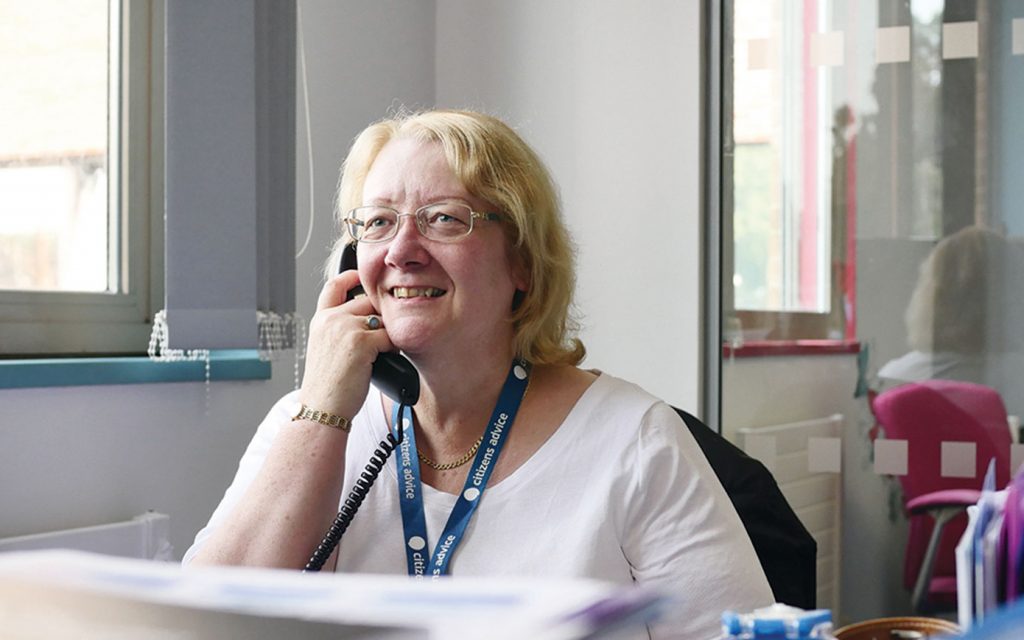Education resources
Our education resources aim to help and support a child, their parents and teachers on their returning to nursery, school or college after a brain tumour diagnosis.
A brain tumour diagnosis can lead to the child falling behind due to time off, changes in attainment levels caused by the brain tumour and its treatment, and difficulties finding their place with peers. This can make it hard for parents and schools to know how best to support the child.
Our education resources help by giving information on what to expect and what help is available. They can be used in a variety of ways (for recording the direct support of a young person, for training staff etc) and are designed to be used as and when they are needed.
Since school makes up such a large part of a child’s daily life, this is naturally where they form and strength most of their friendships, so teachers are in a great place to be able to support children to maintain their friendships following a brain tumour diagnosis.
Our “I’m still me” resources have been developed to help teachers support children affected by brain tumours.
Our education resources received Highly Commended in the BMA (British Medical Association) Patient Information Awards 2018.
Join one of our Online Support Communities for more tips about coping with a brain tumour diagnosis, from people who truly understand what you’re going through.
More information
Possible side-effects of brain tumours and their treatment (body map) – PDF
Use this visual resource to find out about the wide-ranging possible side-effects of brain tumours and their treatment. You can also print off the body map and highlight those relevant to the young person.
Educational support strategy – full strategy (individual form) – DOCX
Download and fill in this blank form to create the individual strategy for the young person and keep with their school/college records.
Educational support strategy – full strategy (example form) – PDF
This gives examples of the areas of school/college life to be considered, areas that the young person may need support in, and examples of possible strategies. Use it when planning the young person's support strategy.
Educational support strategy – quick reference (individual) – DOCX
A quick reference version of the young person's Educational support strategy which provides at-a-glance information. It can be kept in the teacher's desk/notebook and/or the staff room, or given to supply teachers where appropriate.
Educational support strategy – quick reference (example) – PDF
Use this as an example to help create the quick reference version of the educational support strategy for the young person.
Information card – I have, or had, a brain tumour – DOCX
This card is for the young person to fill in (or fill in with their parents), giving useful information about themselves and their needs outside of the education setting. It can be kept by the young person or the teacher.

Expert benefits & money advice
In 23/24 our free Benefits and Money Clinic helped 550 members of our community claim over £1.3 million!
Educational charters for young people with a brain tumour
Educational ‘charter’ for young people with a brain tumour (England) – PDF
A 'charter' of the education rights of young people with health needs. It outlines the support that young people in England have a legal right to receive and the timescales in which they should receive it.
Educational ‘charter’ for young people with a brain tumour (Wales) – PDF
This 'charter' outlines the support that young people in Wales with health needs have a legal right to receive, and the timescales in which they should receive it.
Educational ‘charter’ for young people with a brain tumour (Scotland) – PDF
A 'charter' of the education rights in Scotland which outlines the support that young people with health needs have a legal right to receive, and the timescales in which they should receive it.
Educational ‘charter’ for young people with a brain tumour (Northern Ireland) – PDF
A 'charter' of the education rights, in Northern Ireland, of young people with health needs. The 'charter' outlines the support that young people have a legal right to receive and the timescales in which they should receive it.
Legal frameworks for reference
Support and Information Services
Research & Clinical Trials Information
You can also join our active online community.
In this section

Supporting you
Our Children & Families team offers support to children, young people and families affected by a brain tumour diagnosis. We’re here to help with any information you might need, answer your questions, listen and provide support.
Recommended reading
Share your experiences and help create change
By taking part in our Improving Brain Tumour Care surveys and sharing your experiences, you can help us improve treatment and care for everyone affected by a brain tumour.